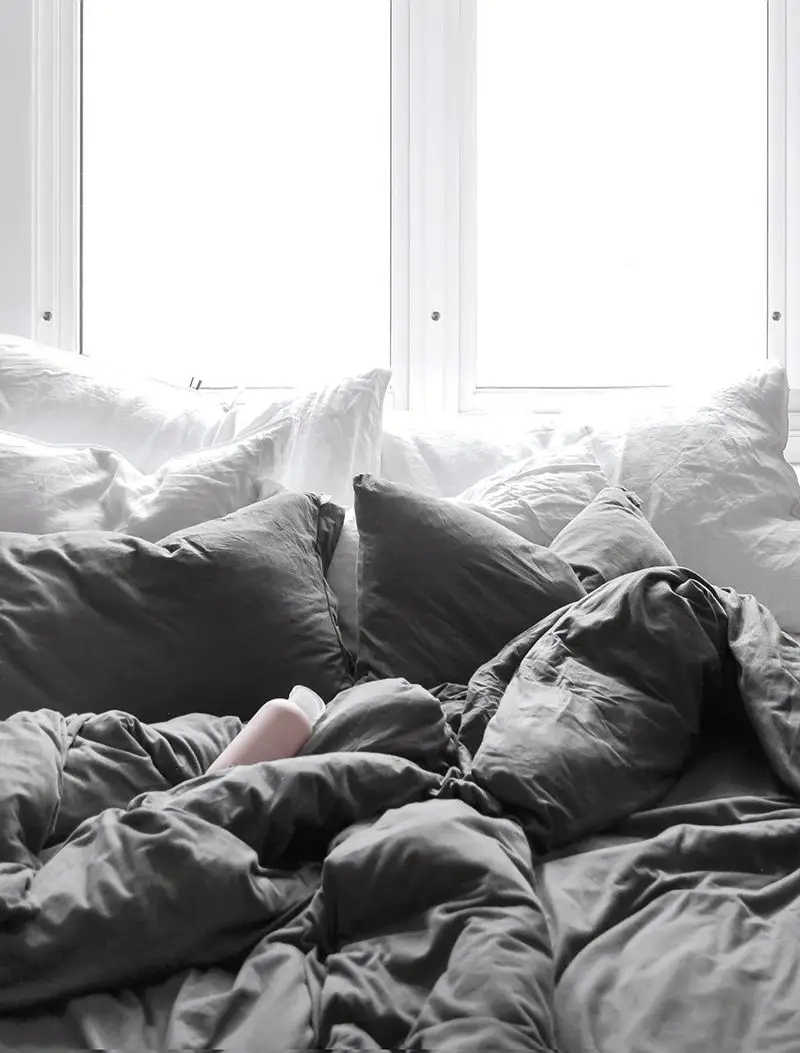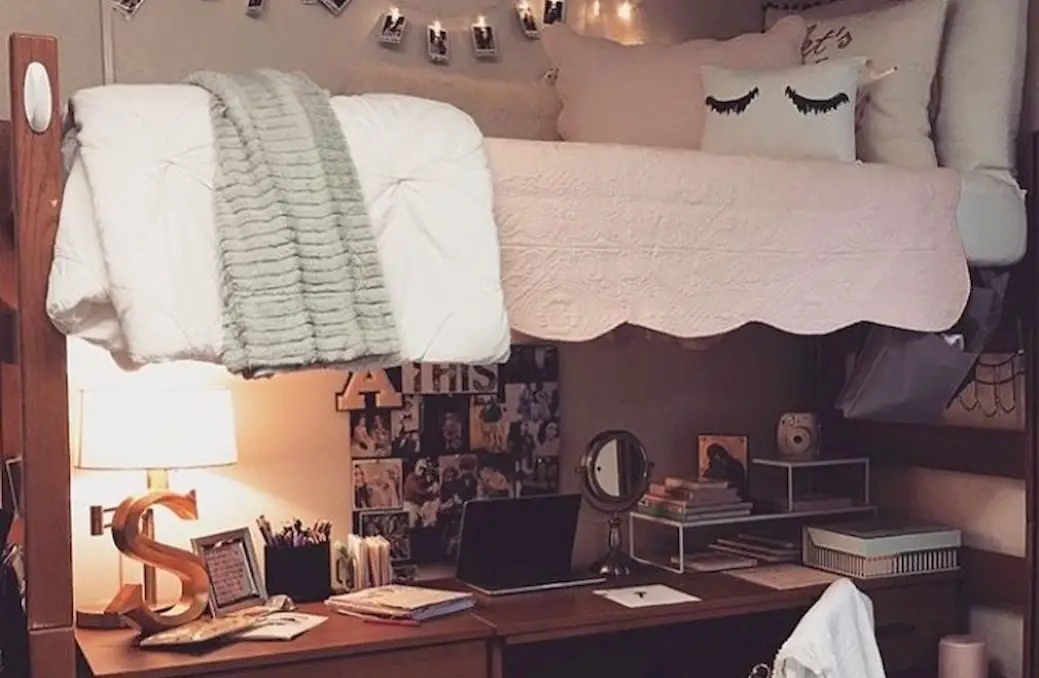It happens so often that it no longer phases students: the late night cram sessions for the exam the next day, binge-watching “The Office” curled up in bed, furiously editing the paper that’s due soon — all without even realizing the hours that went by.
Insomnia is an evil friend, introduced to students in their times of stress and procrastination, and a parasite throughout most of their college careers. There may seem to be no way to escape the endless cycle, but fear not! Here are a few ways to combat insomnia in college.
Background Noise
Let’s be real, we’ve all fallen asleep with the TV on at least once in our life. Something about having a consistent noise playing is gratifying and relaxing. Yes, this does sound very counterproductive and hypocritical. How can you fall asleep with noise in the background? Well, it all depends on the type of noise.
Trying out different, soothing genres of music such as lo-fi playlists, ballads and even classical pieces can relax your heart rate and make it easier to drift off into la la land. For some people, they take an extreme route such as having white noise — which is similar to the static sound heard from television or radios — play as they nod off.
It sounds bizarre, but it truly does work. The consistency of the sound ensures no disruptions for your slumber. If just noises aren’t your jam, try listening to podcasts. There are hundreds of podcasts that can be found online specifically to help aid insomnia.
These people can talk about subjects ranging from random stories to an on-the-spot improvisation of topics, and even have conversations with guests they bring on. Hearing actual words and subjects lulls the listeners into a comatose state, and distracts them from focusing on their own internal monologue that could be responsible for keeping them up.
Put Your Phone Away
There, I said it. Phones, laptops, honestly the Internet, in general, can be extremely distracting. One minute you’re checking your twitter with promises to look at one more tweet before sleeping, the next you’ve switched over to Instagram and are halfway through your crush’s profile. It’s a loophole that will never end, and will certainly not help you sleep any time soon.
Some people actually do find that browsing the web before bed helps them sleep. However, a large majority are still struggling. Your brain is constantly taking in new information, so using your phone at a time it is supposed to be resting can be counterproductive. By not using the Internet before sleeping, your body has a chance to fully relax and not be super active, lessening your chances for another sleepless night.
Working Out
Exercise is actually a great, natural way to combat insomnia. Whether it be hitting the gym for a few quick reps, or even just doing some simple moves in your dorm, working out helps tire yourself out, pretty much guaranteeing a simple night’s rest.
Exercise can also generally reduce stress, which is another common factor of insomnia. Sweating out all of the day’s frustrations and problems is extremely satisfying, and leaves you feeling much better and relaxed in the long run. Additionally, the healthy lifestyle that’s been promoted all throughout college can finally become a reality, knocking out two birds with one stone.
Create the Optimal Sleeping Space

College students use their beds as everything: a desk, couch, food counter, and, of course, a place to sleep. As simple and convenient as that is, associating your bed as a space for things other than sleep can actually be contributing to your insomnia.
Try to stick to only using your bed to sleep — and sleep only — or else you can find yourself nodding off surrounded by study materials for class because you’re a little too comfortable. To further optimize your sleeping space, make it something out of sleep fairytales, or even just off of Pinterest.
Turn on your fairy lights or even light some nice scented candles, break out the softest comforter you own or invest in some Tempurpedic pillows. The more comfortable you are physically, the easier it will be to fall asleep.
Crank Up the AC
Hear me out on this one. It has actually been scientifically proven that individuals sleep better in colder environments. According to a study conducted by the University of South Australia, sleeping in the cold helps reduce insomnia by dropping your body temperature to one that is required for an ideal sleep.
Sleeping in the cold, ideally between 60 – 68 degrees Fahrenheit, also helps your body produce more melatonin naturally, which is what makes you sleepy in the first place.
For those of you who are avid sticklers for a warm sleep, it turns out that sleeping in a room that is too warm actually makes you prone to wakefulness and does not give you as deep of a sleep. If anything, it is worth trying out to see if it works, and if it doesn’t, you can go right back to your mountain of blankets.
College is a stressful period for many, and although the running joke is that sleep is a fantasy amongst students, insomnia is an increasingly large problem and should be addressed. Trying out a few of these simple steps is definitely worth it to help you keep your sleep.

















